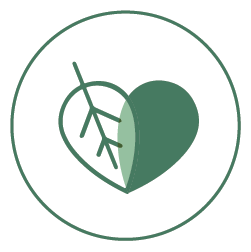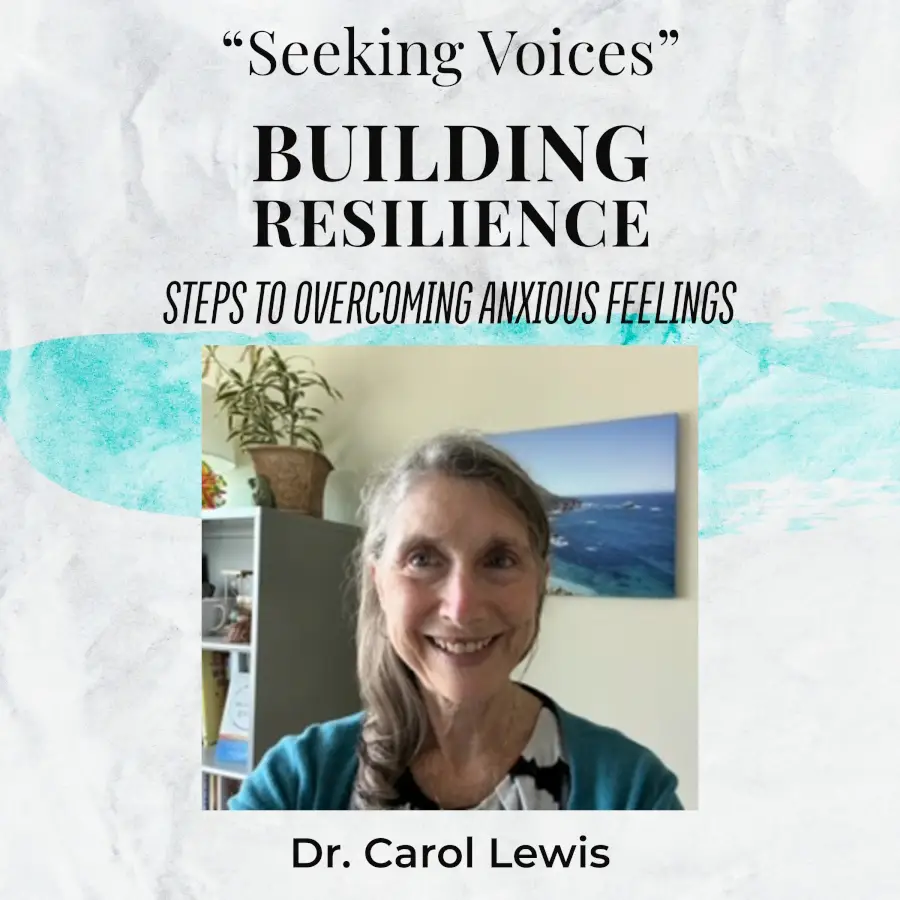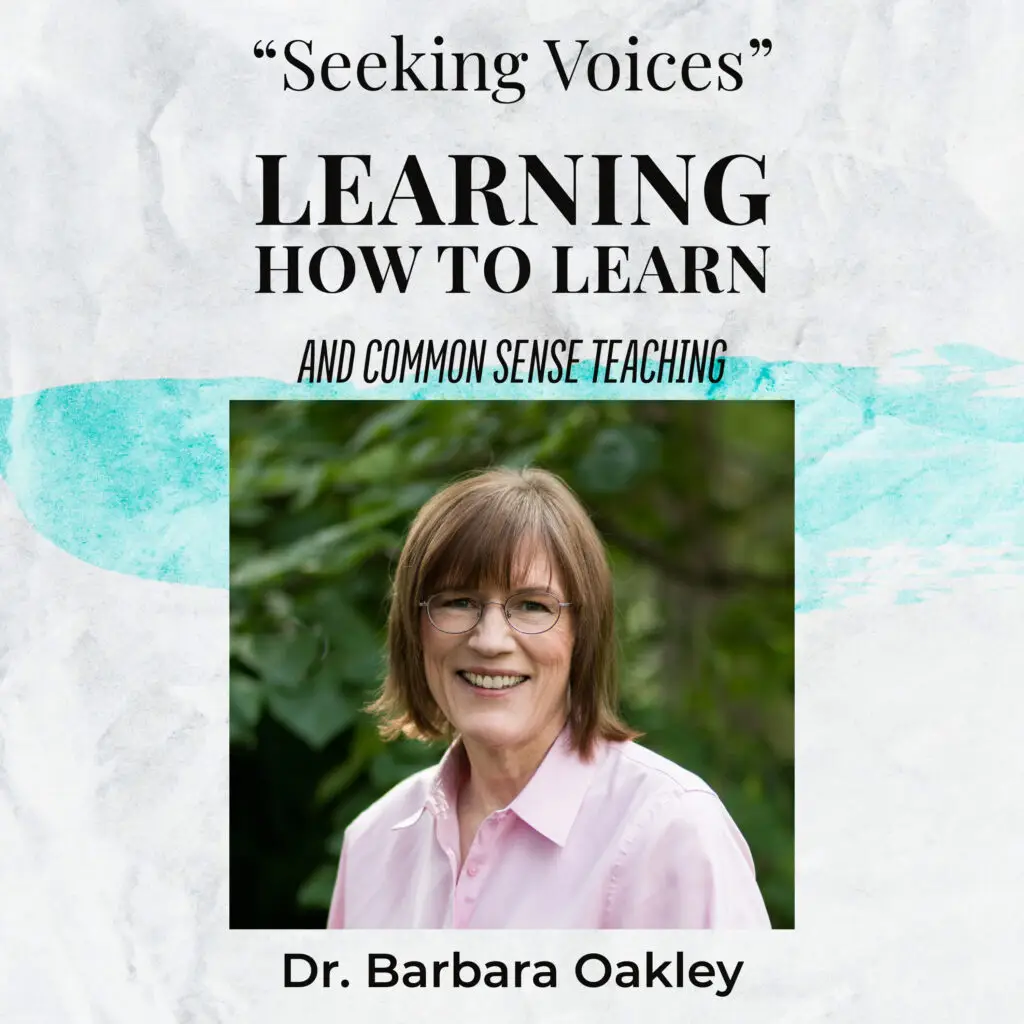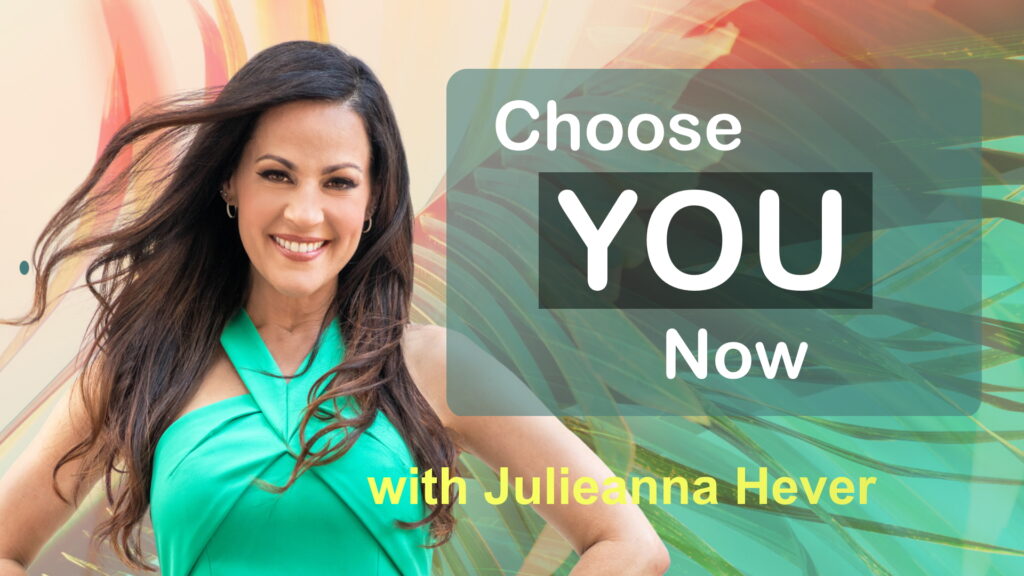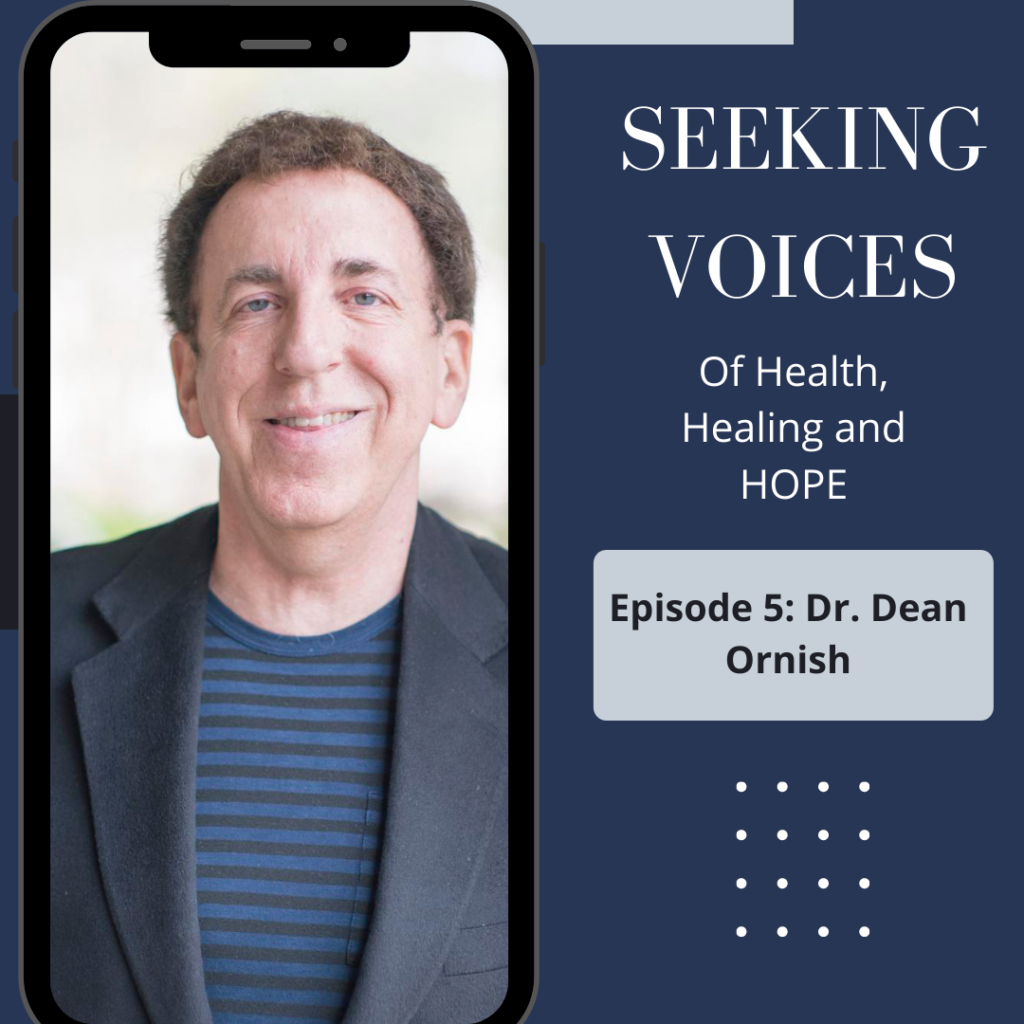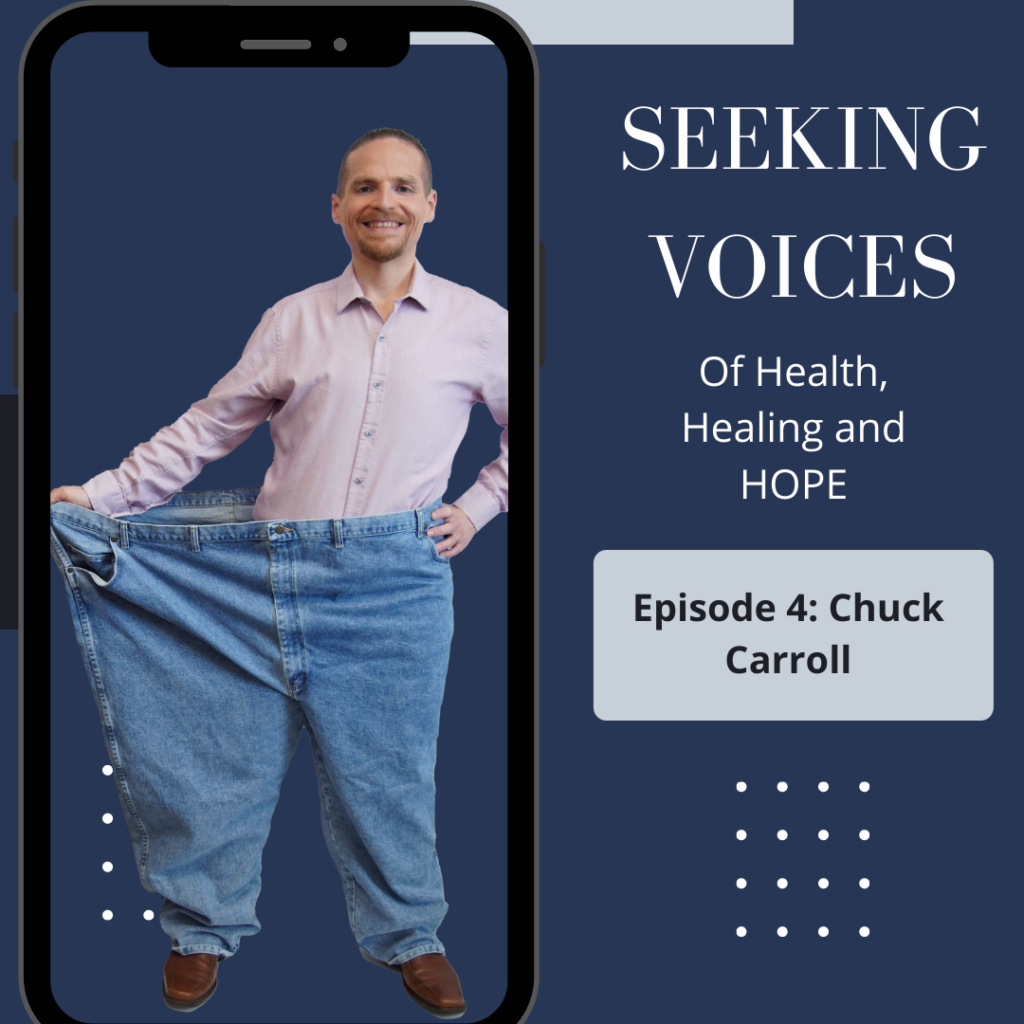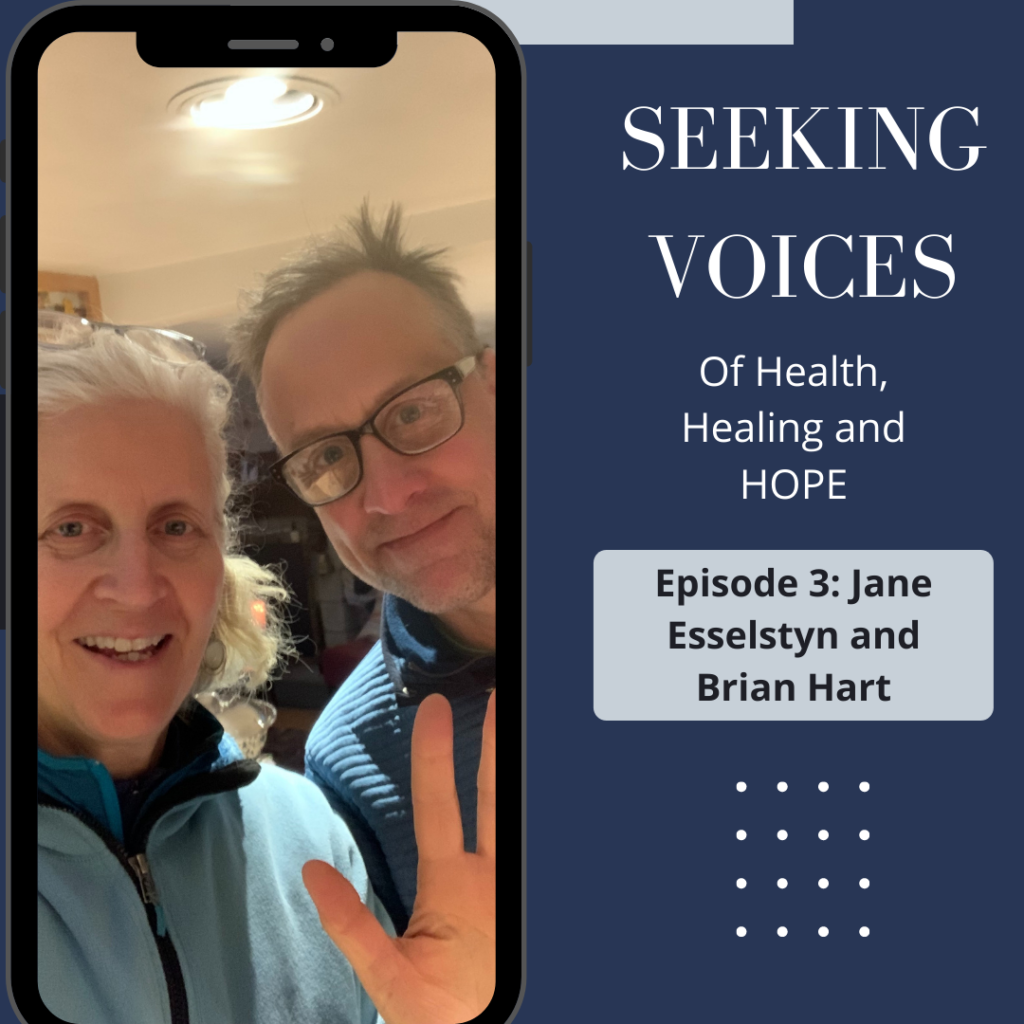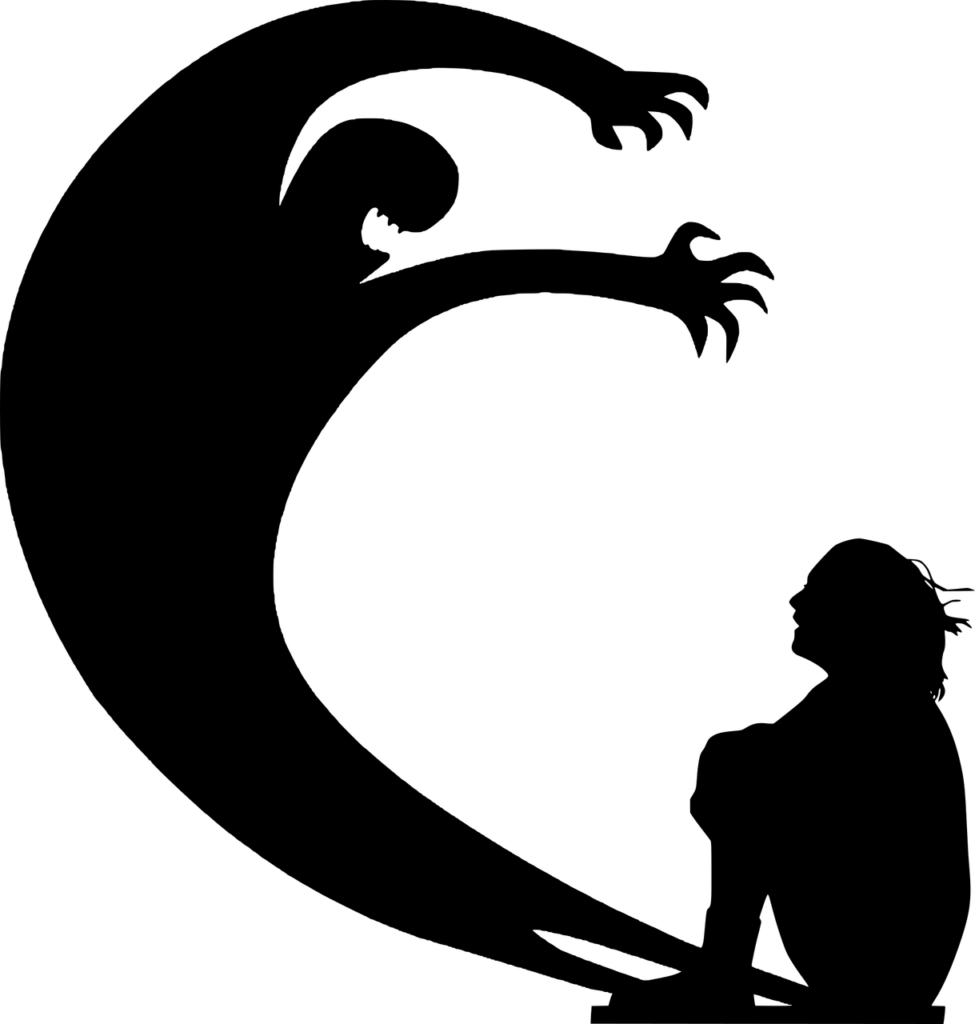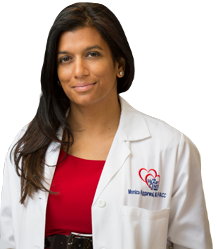Building Resilience & Steps to Overcoming Anxious Feelings
Anxiety affects 31% of the American population and this number is increasing. People are noticing more and more anxious feelings, nervousness, depression and inability to cope with day to day activities. Understanding your anxiety is an important first step to building resilience.
Join me as I speak to Dr. Carol Lewis who speaks to us about our emotional health and tools we can use to keep ourselves strong and more capable of dealing with life’s surprises.
Key Areas We Discuss
- Anxiety versus calm: the concept of managing anxiety, not battling it
- Anxiety’s relation to menopause
- The physiology of anxiety: the misfire of the fight or flight response
- 4 tools to help you with your anxiety
- Sleep allows for a sense of well being. Optimal amount of sleep, blue light’s impact on desire to sleep, sense of well-being
- Nutrition to reduce anxiety; importance of regular meals
- Movement: the role of movement, physical activity to help with sense of well-being.
- Doing something joyful and/or playful every day: finding joy again despite angst
About Carol Lewis, PhD MPH CPH:
Dr. Lewis is a clinical psychologist with more than 30 years of experience. She supervises trainees across all level of training. Dr. Lewis’ expertise includes the treatment of chronically suicidal, self-injurious individuals, using skills-based methods, as well as the treatment of trauma with EMDR. She is trained in several mindfulness-based treatment protocols and runs an adult Dialectical Behavior Therapy (DBT) group. She is very involved in the community and, for many years, has worked with the University of Florida’s Mobile Outreach Clinic, a bus-based clinic providing no-cost healthcare to underserved populations in Gainesville, Florida.
Building Resilience & Steps to Overcoming Anxious Feelings Read More »

